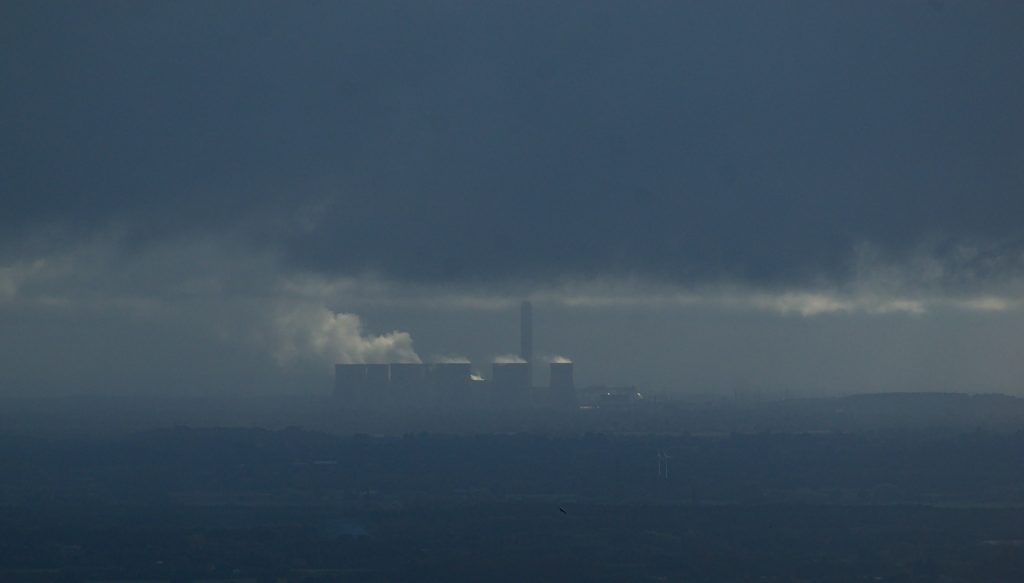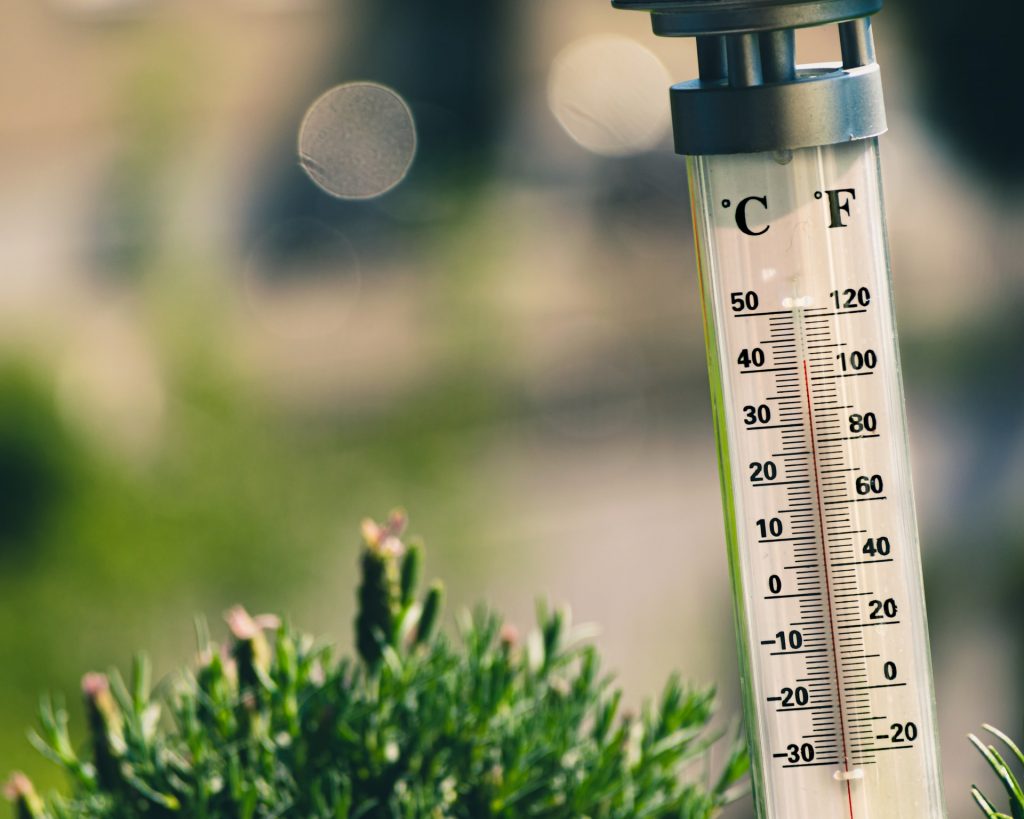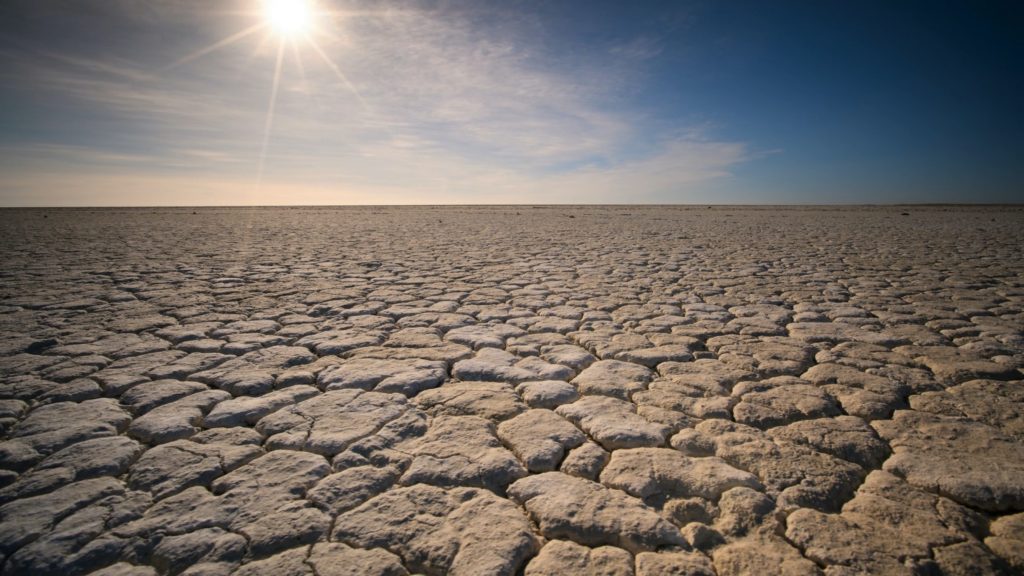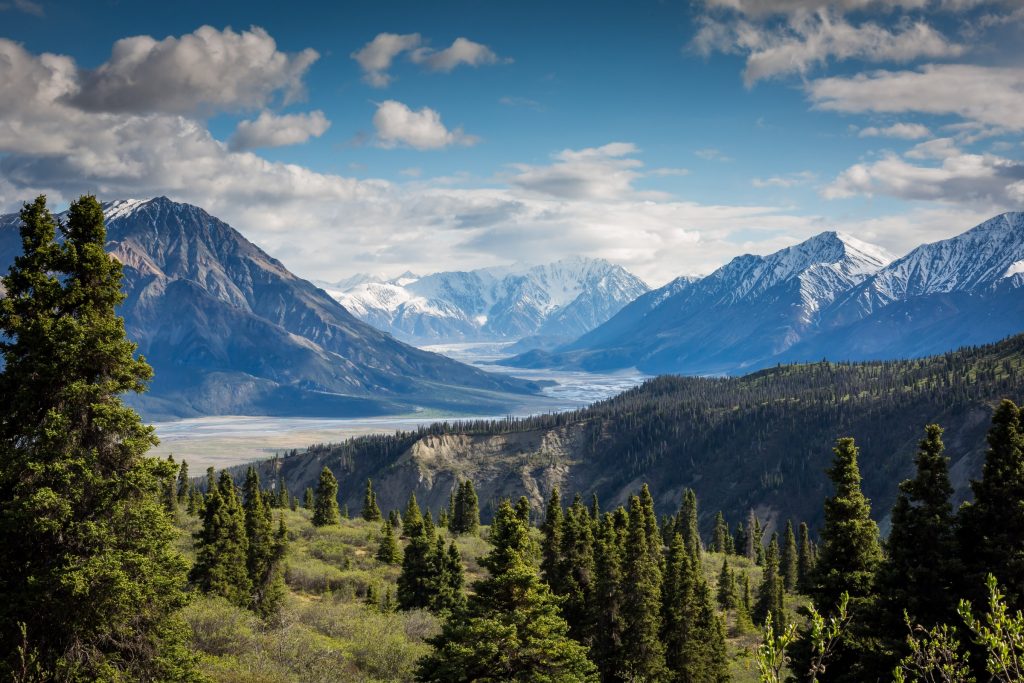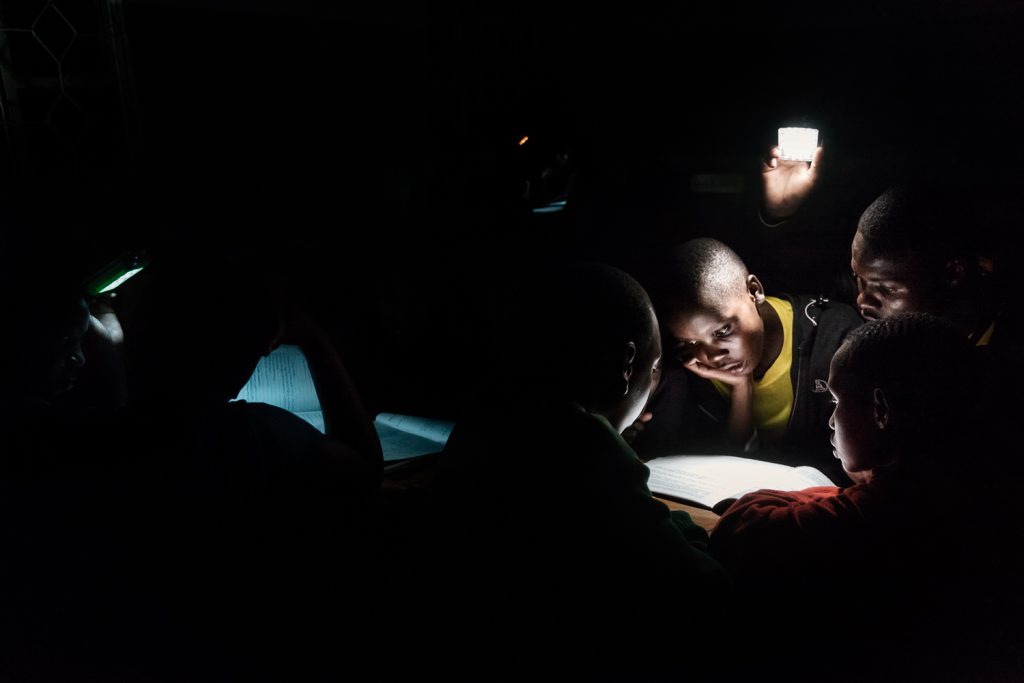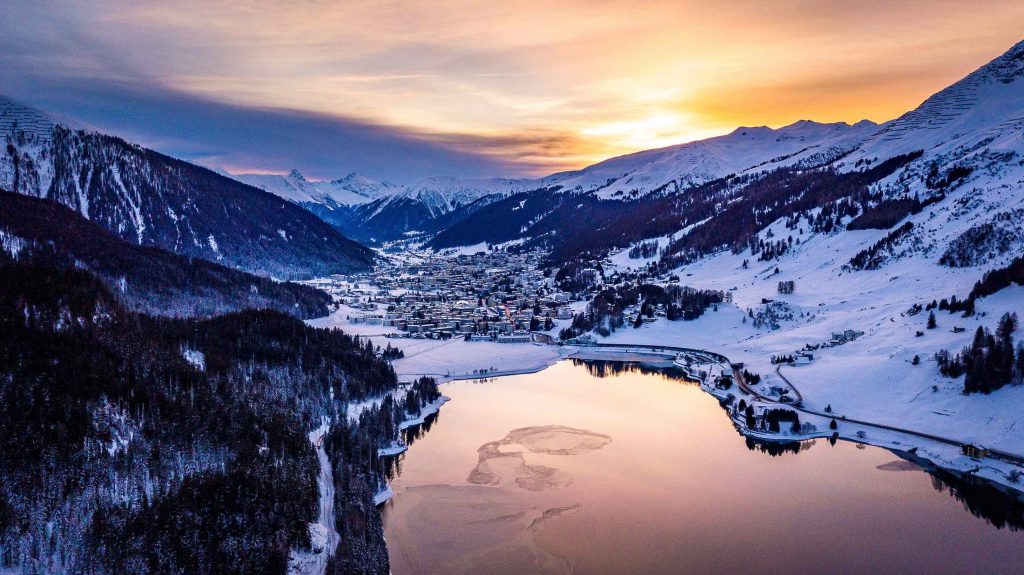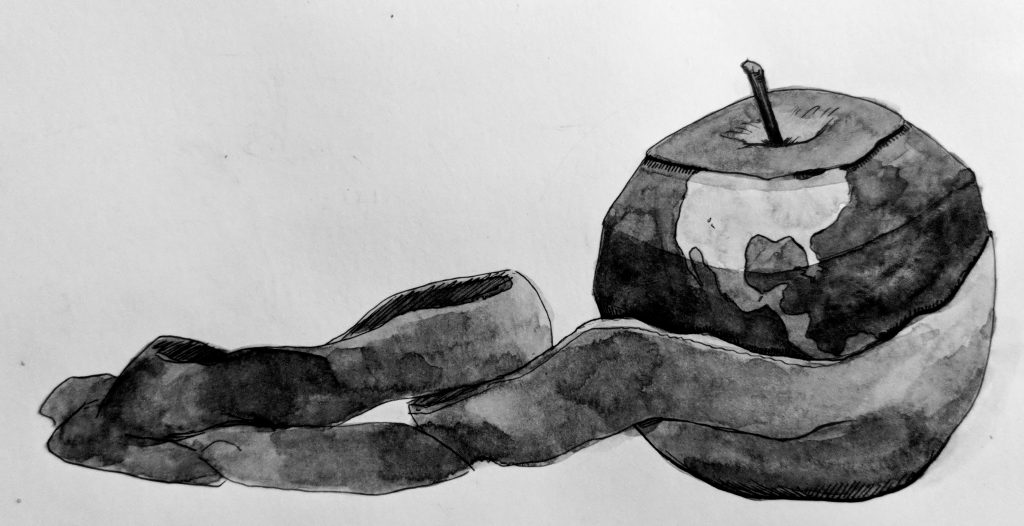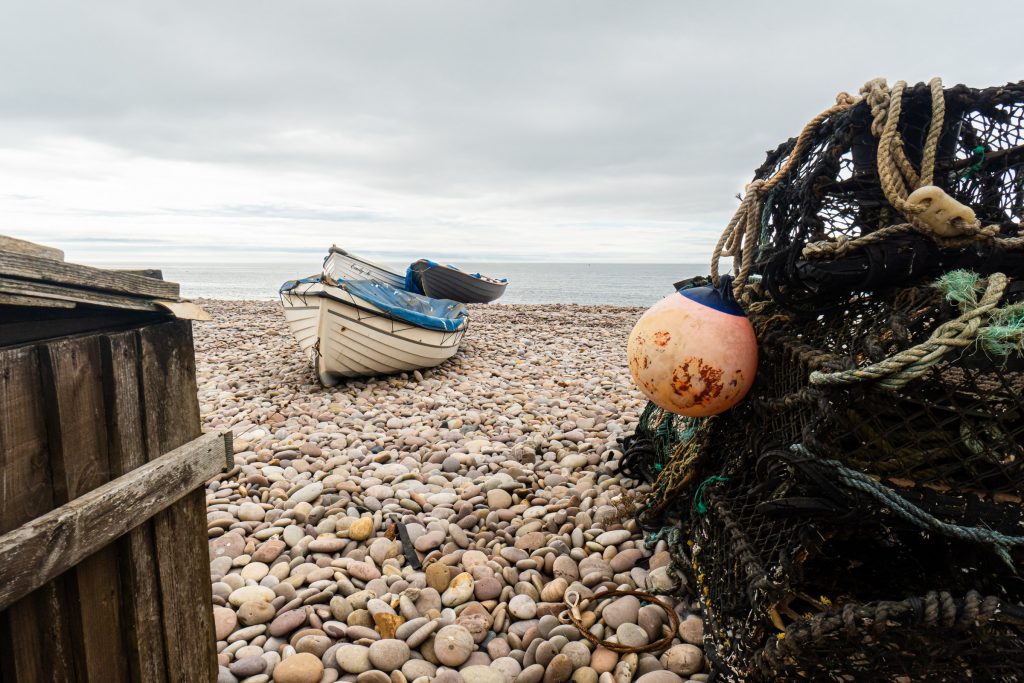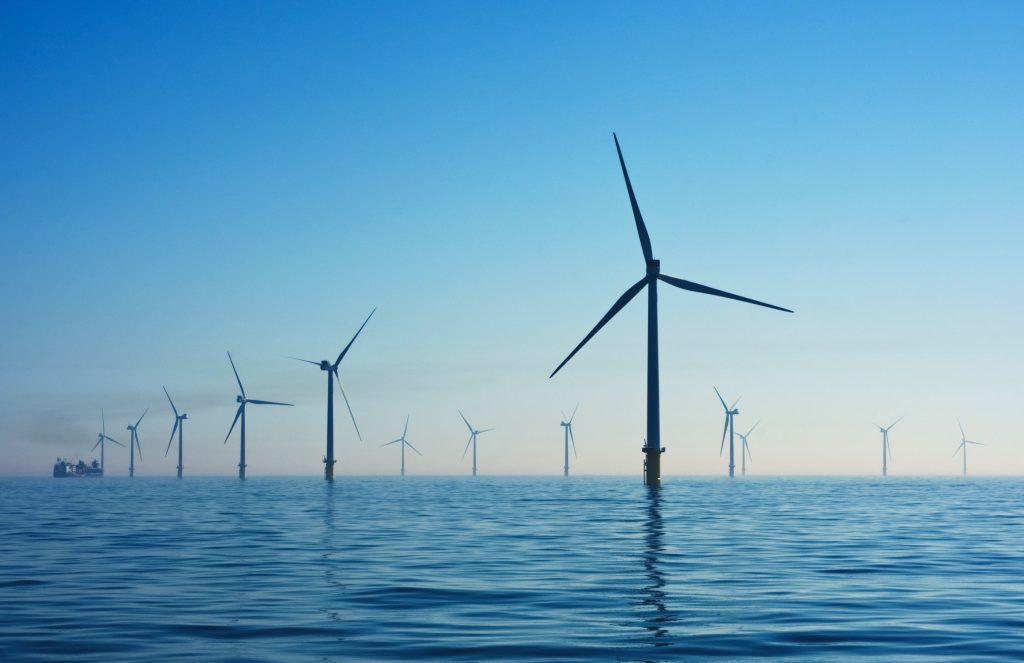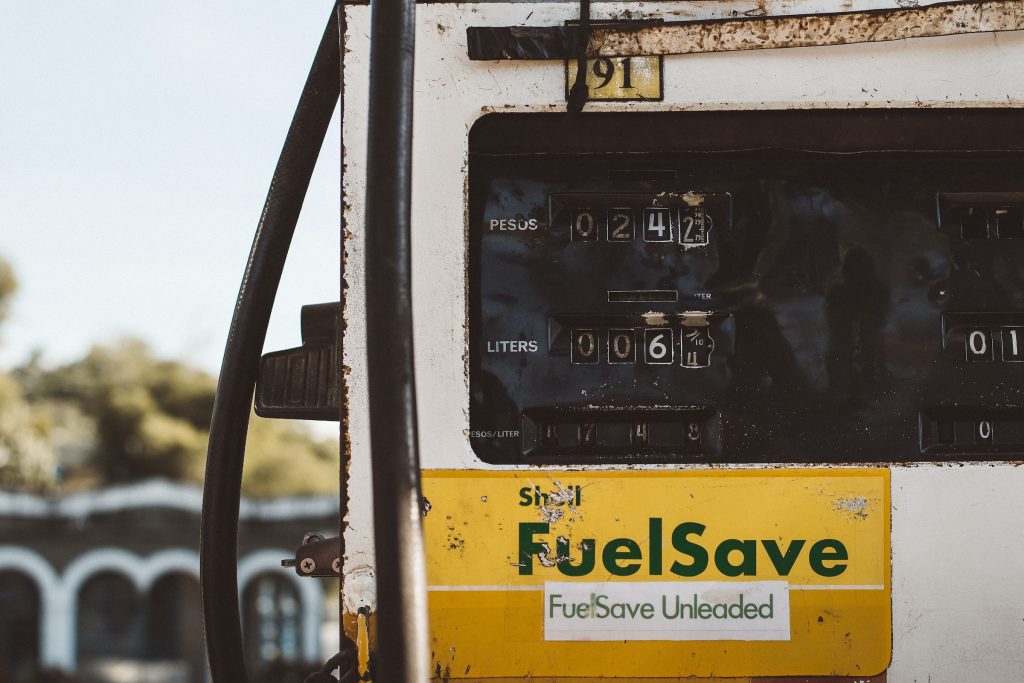
Solving the energy crisis with renewables
With the price of crude oil reaching its highest level in over a decade and the cost of natural gas skyrocketing, policymakers are faced with a choice: double down on fossil fuels or add urgency to the clean energy transition? Although most agree investing in renewables is the more logical solution, others are pushing for fossil fuel infrastructure, potentially locking the world into “irreversible warming” and creating a mass of stranded assets.

